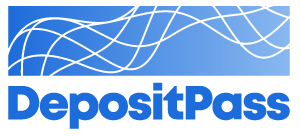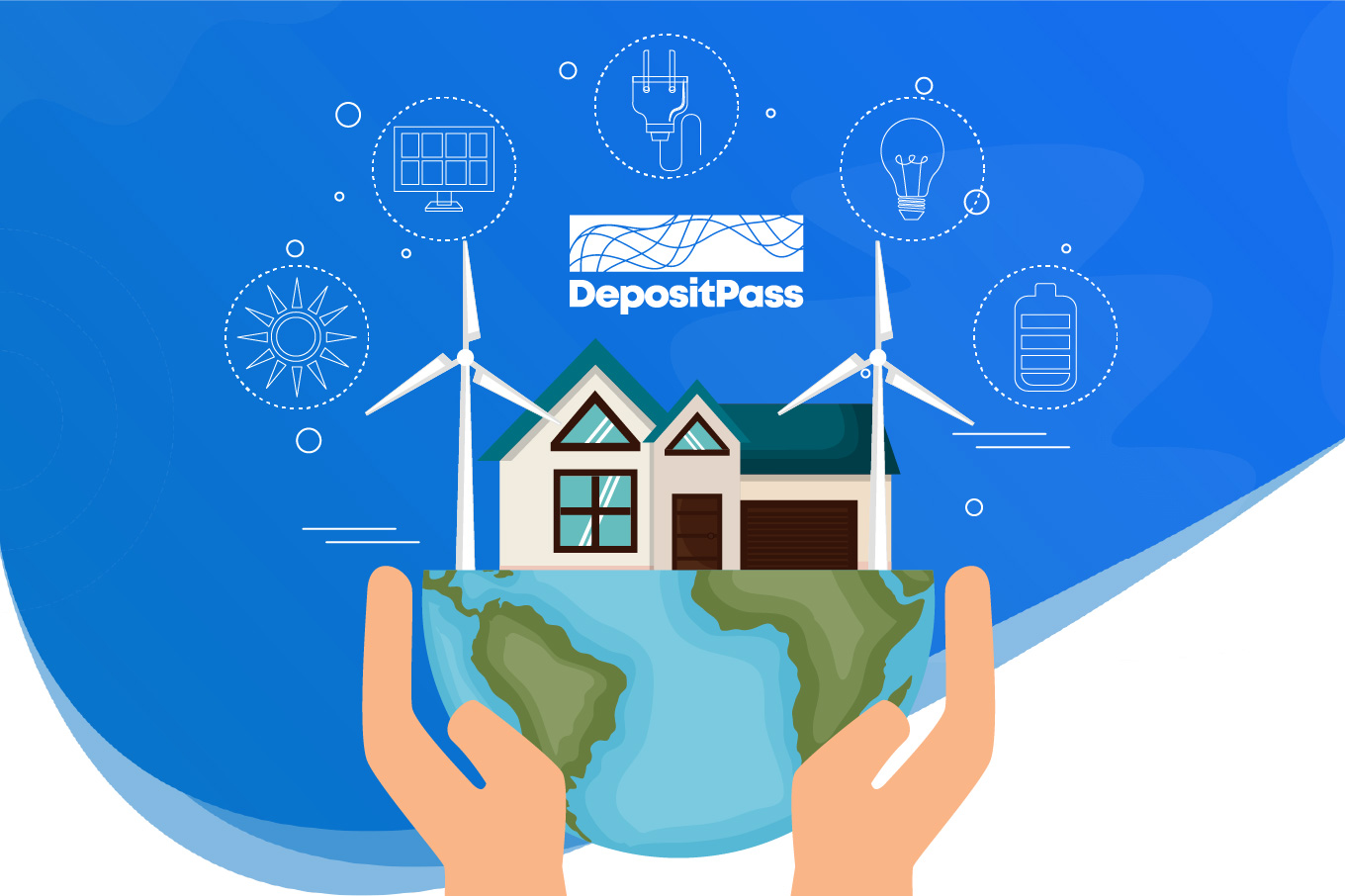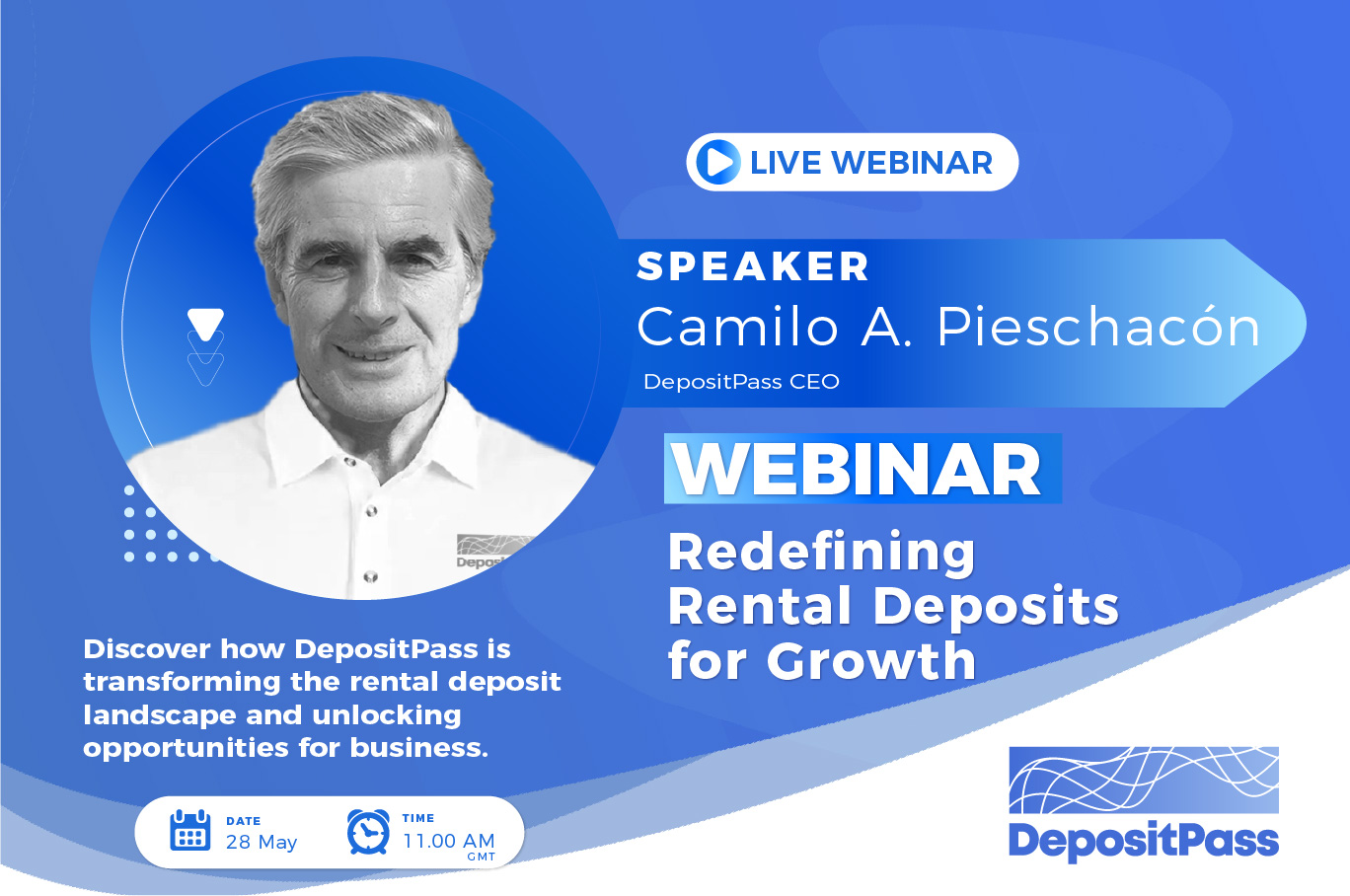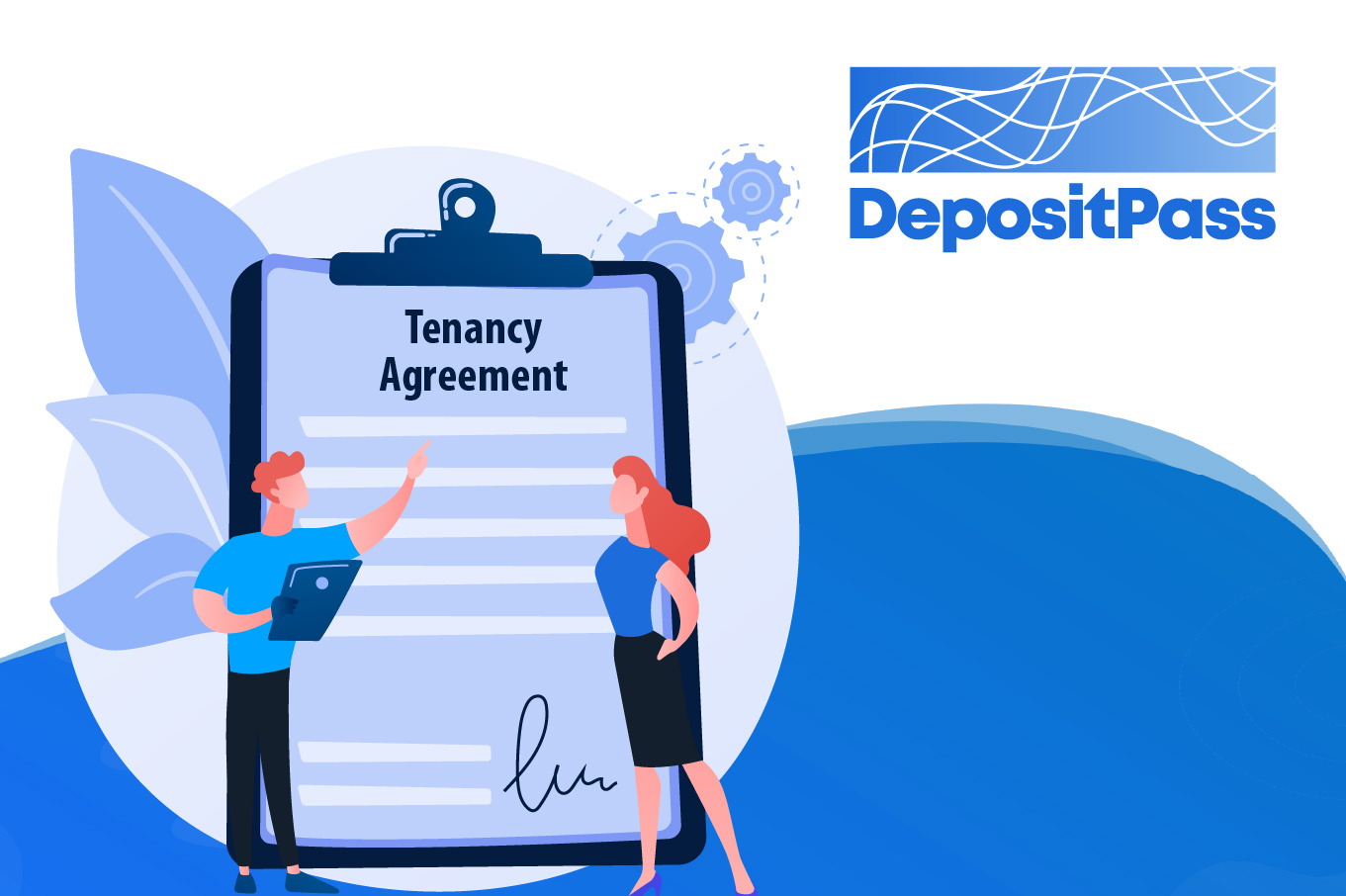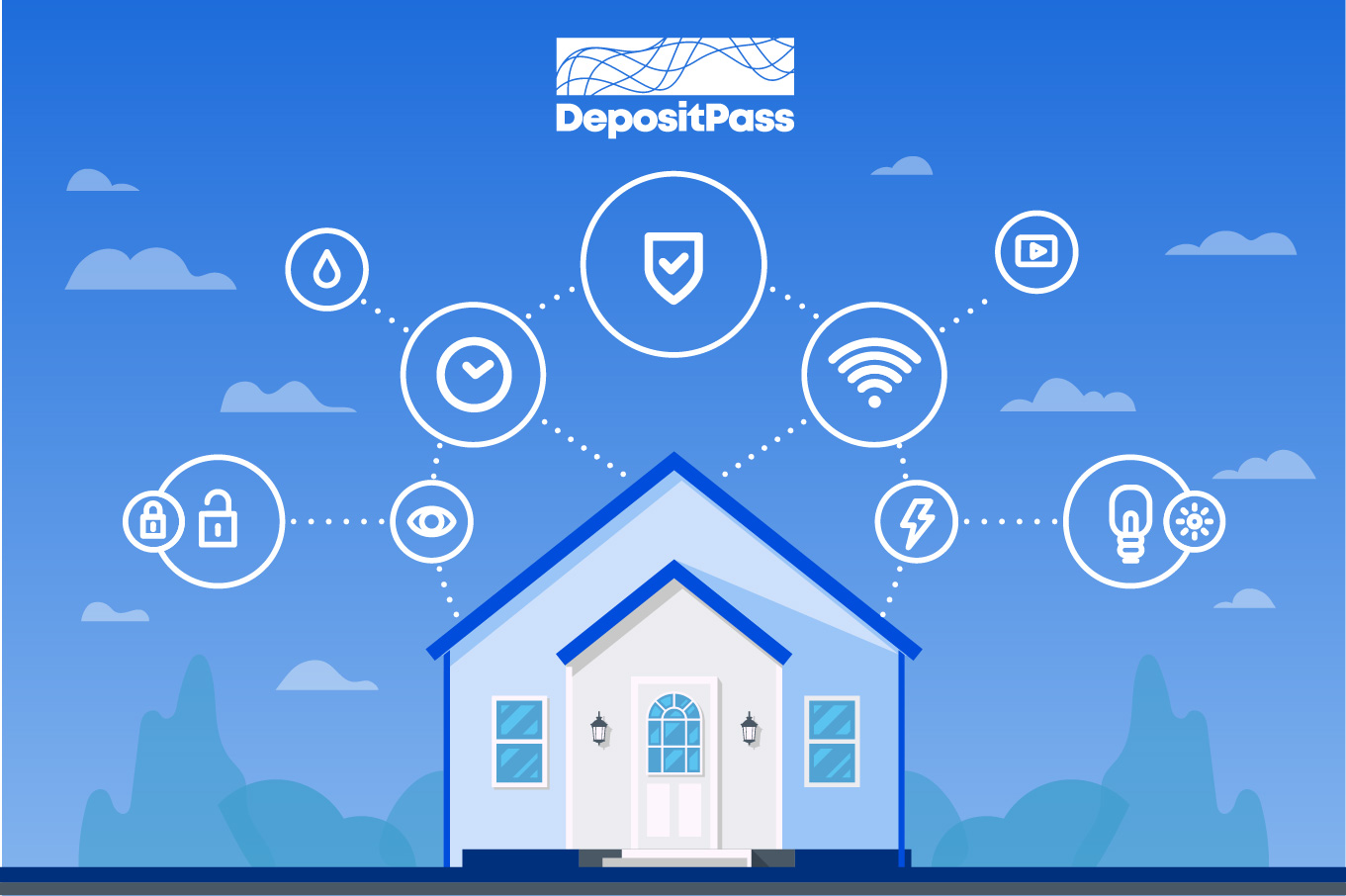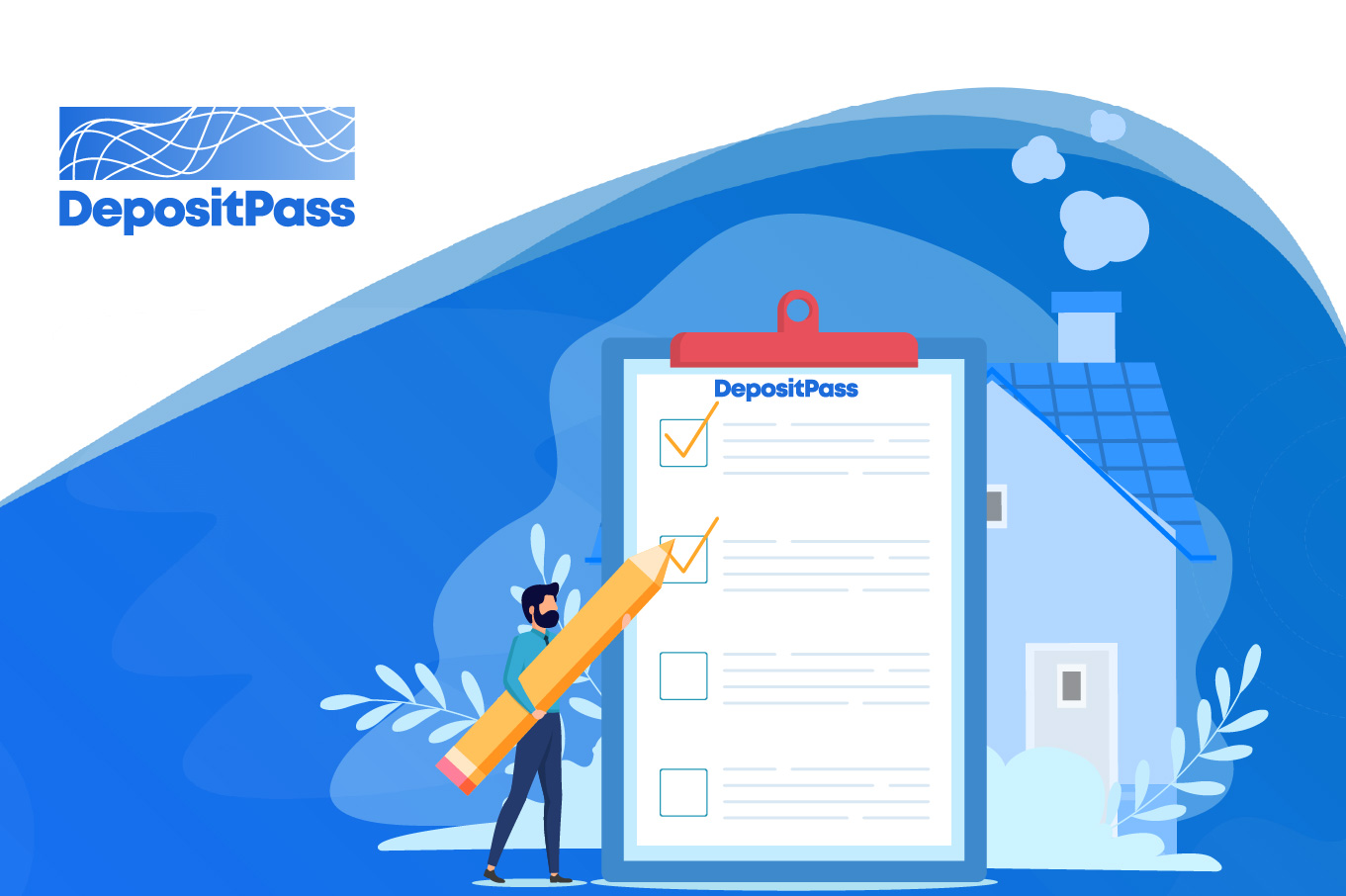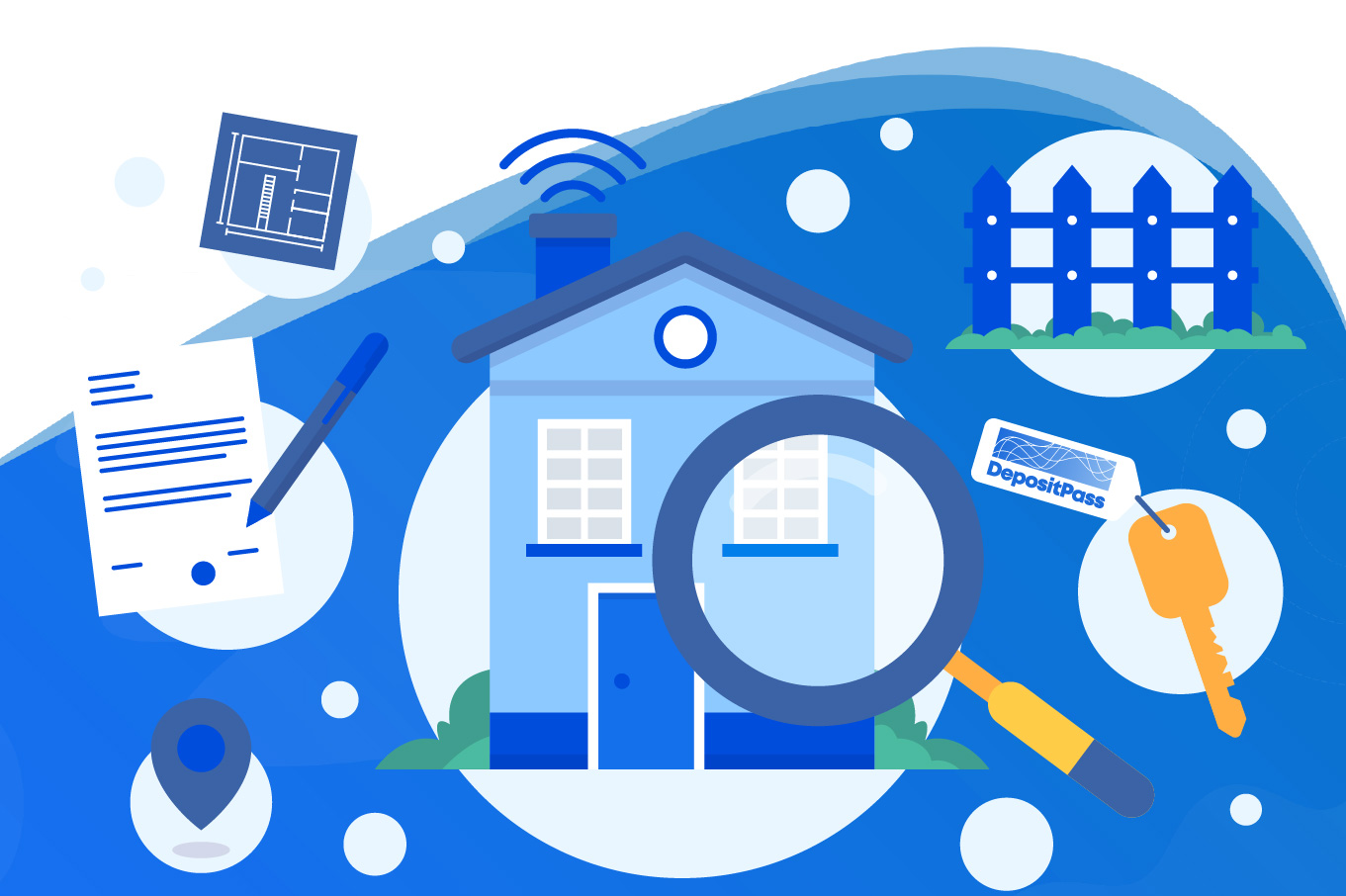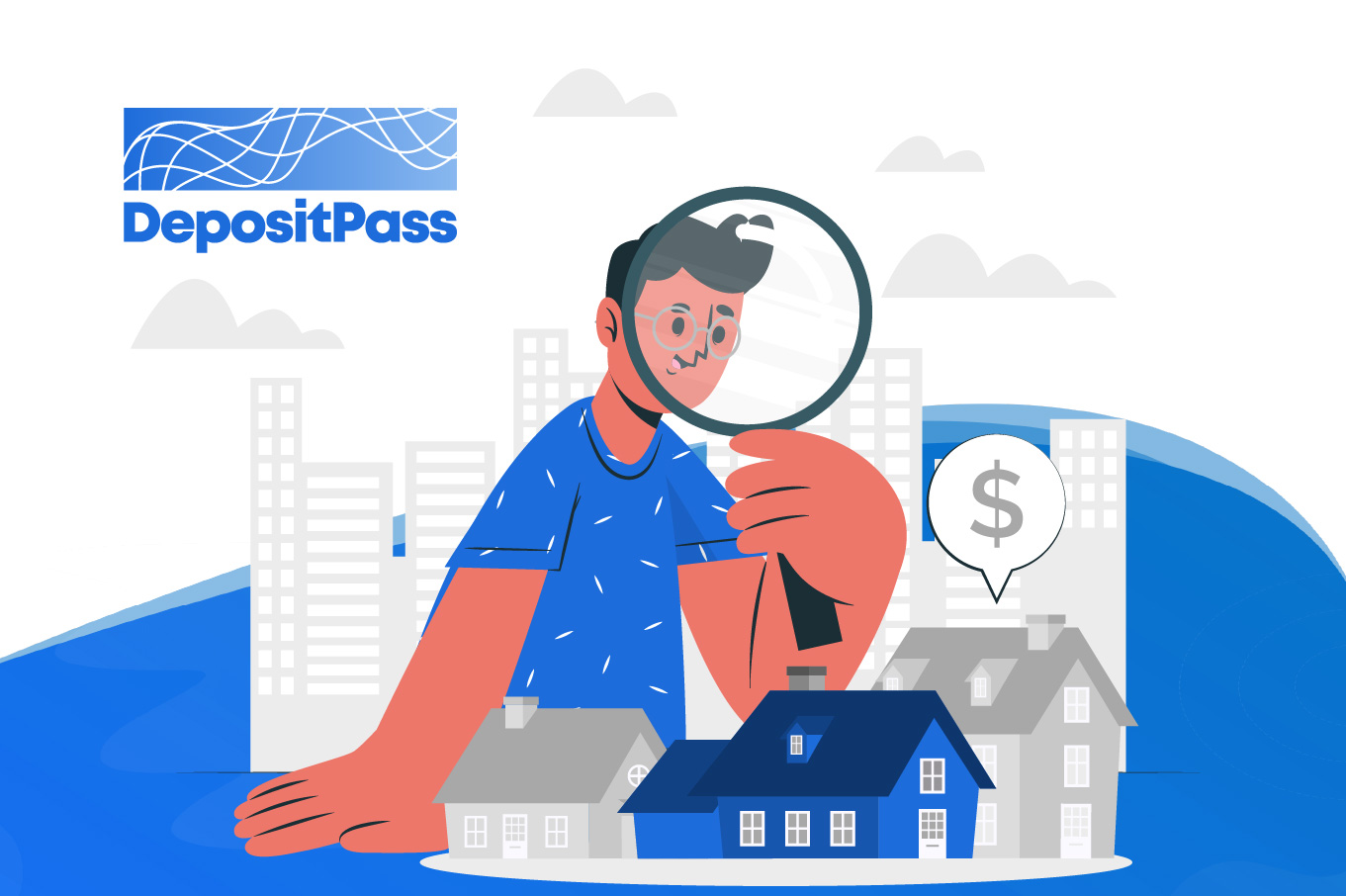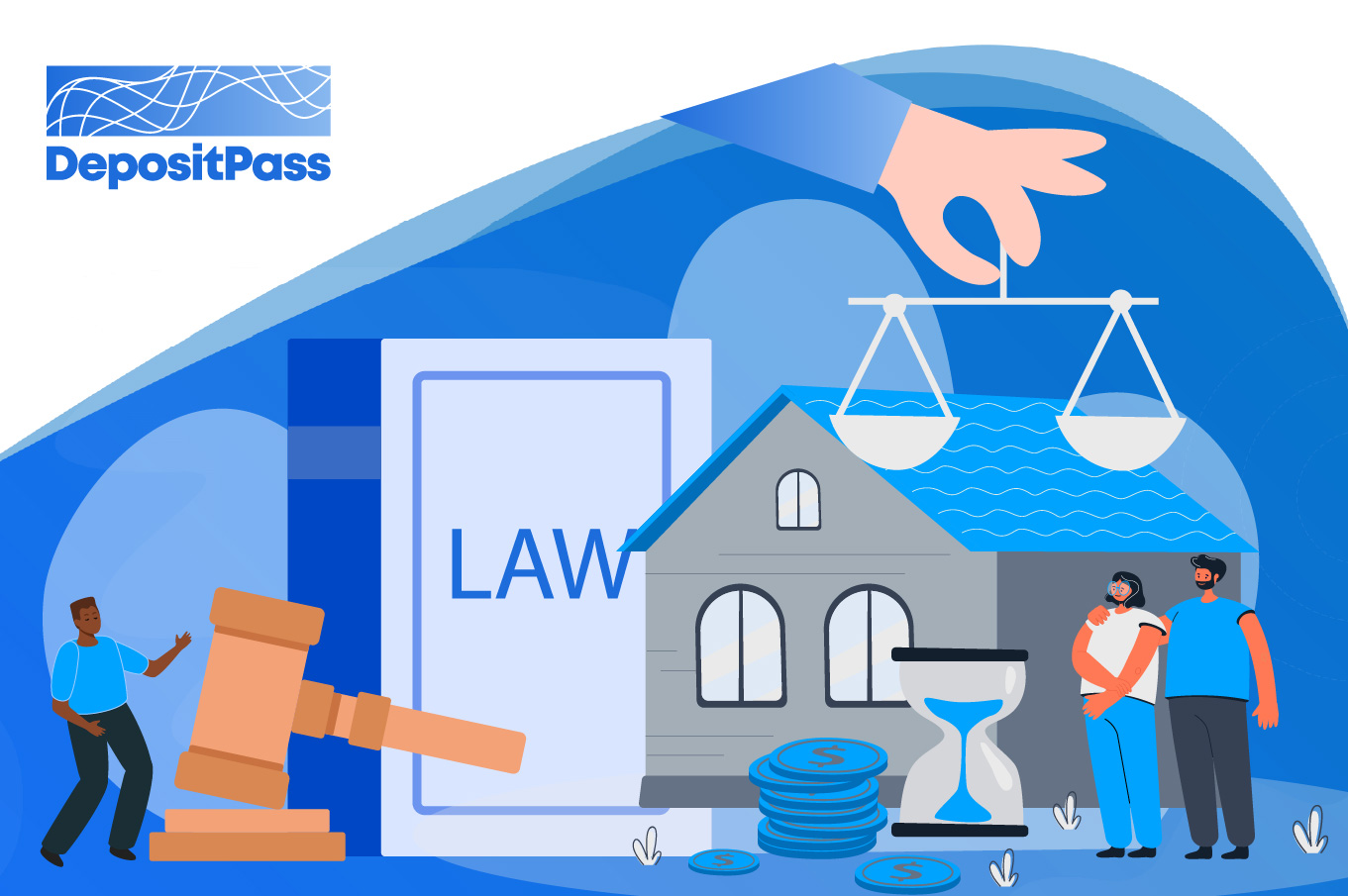Moving into a new rental property can be exciting yet overwhelming. Whether you’re a seasoned tenant or a first-time renter, it’s crucial to navigate the process with caution to avoid common rental pitfalls that could lead to unnecessary stress and disputes with landlords. Here are some essential tips to ensure a smooth transition when moving in and out of a rented property, with insights from DepositPass, a leading platform revolutionising rental deposits:
Before Moving into the Property
1. Review the Tenancy Agreement: Every landlord has unique requirements outlined in the tenancy agreement. Take the time to thoroughly read and understand your obligations, rights, and the rules you’ll need to follow during your tenancy.
2. Assess the Property’s Condition: Before committing to a rental property, inspect it for signs of damp, mould, structural issues, and safety hazards. Verify the presence and functionality of essential safety equipment like smoke alarms and carbon monoxide detectors.
3. Conduct Research: Beyond the property itself, research the local area, amenities, crime rates, transportation options, and nearby schools if applicable. Consider factors like parking availability and commute times to ensure the property meets your needs.
4. Document the Inventory: Create your own inventory of the property’s condition upon moving in. Take photographs and detailed notes of existing furnishings, damages, and any pre-existing issues to avoid disputes over security deposits later on.
5. Secure Personal Insurance: While the landlord may have insurance coverage for the property, it typically does not extend to tenants’ personal belongings. Consider obtaining renters’ insurance to protect your possessions from unforeseen events.
After Moving into the Property
1. Review Rental Agreement: Familiarise yourself with the terms of your rental agreement, especially regarding the procedures for vacating the property. Understanding your obligations will help ensure a smooth move-out process and the return of your deposit.
2. Notify Your Landlord: Inform your landlord in writing of your intention to vacate the property, adhering to any notice requirements specified in the rental agreement. Request a final inspection and provide details for returning the keys.
3. Inform Utility Providers: Notify utility providers and the local council of your move-out date to avoid unnecessary charges or disruptions in service. Retain written confirmation of your notifications for reference.
4. Update Insurance Policies: If you have renters’ insurance, update your policy to reflect your new address and ensure coverage during the moving process.
5. Update Mailing Address: Compile a list of contacts and organisations to notify of your change in address to prevent misdirected mail.
6. Review Inventory: Refer to the initial inventory report and address any discrepancies or damages before vacating the property. Additional documentation can serve as evidence in case of disputes over property conditions.
7. Clean the Property: Follow the guidelines provided by your landlord for cleaning the property before moving out. Some may require professional cleaning, while others may allow tenants to handle it themselves.
By proactively addressing these key areas, tenants can mitigate potential rental pitfalls and maintain positive relationships with landlords and letting agents throughout their tenancy. Taking these steps can help ensure a seamless and stress-free rental experience for all parties involved, with DepositPass providing innovative solutions to streamline the rental deposit process.
Remember, being diligent and proactive can go a long way in avoiding common rental pitfalls and enjoying a hassle-free tenancy.
